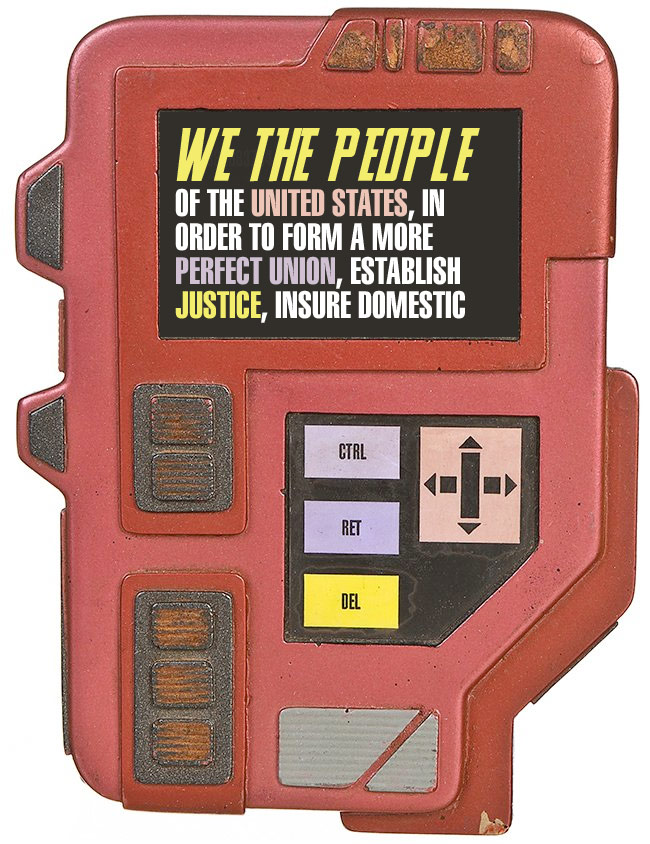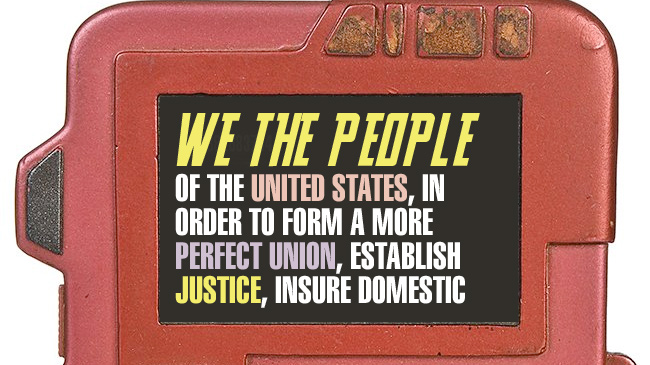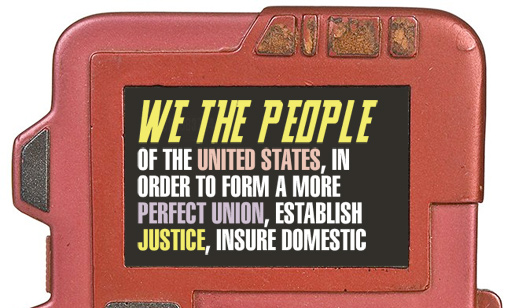Freedom: “We The People”
El Centro Invokes Freedom



Latest Article|September 3, 2020|Free
::Making Grown Men Cry Since 1992



